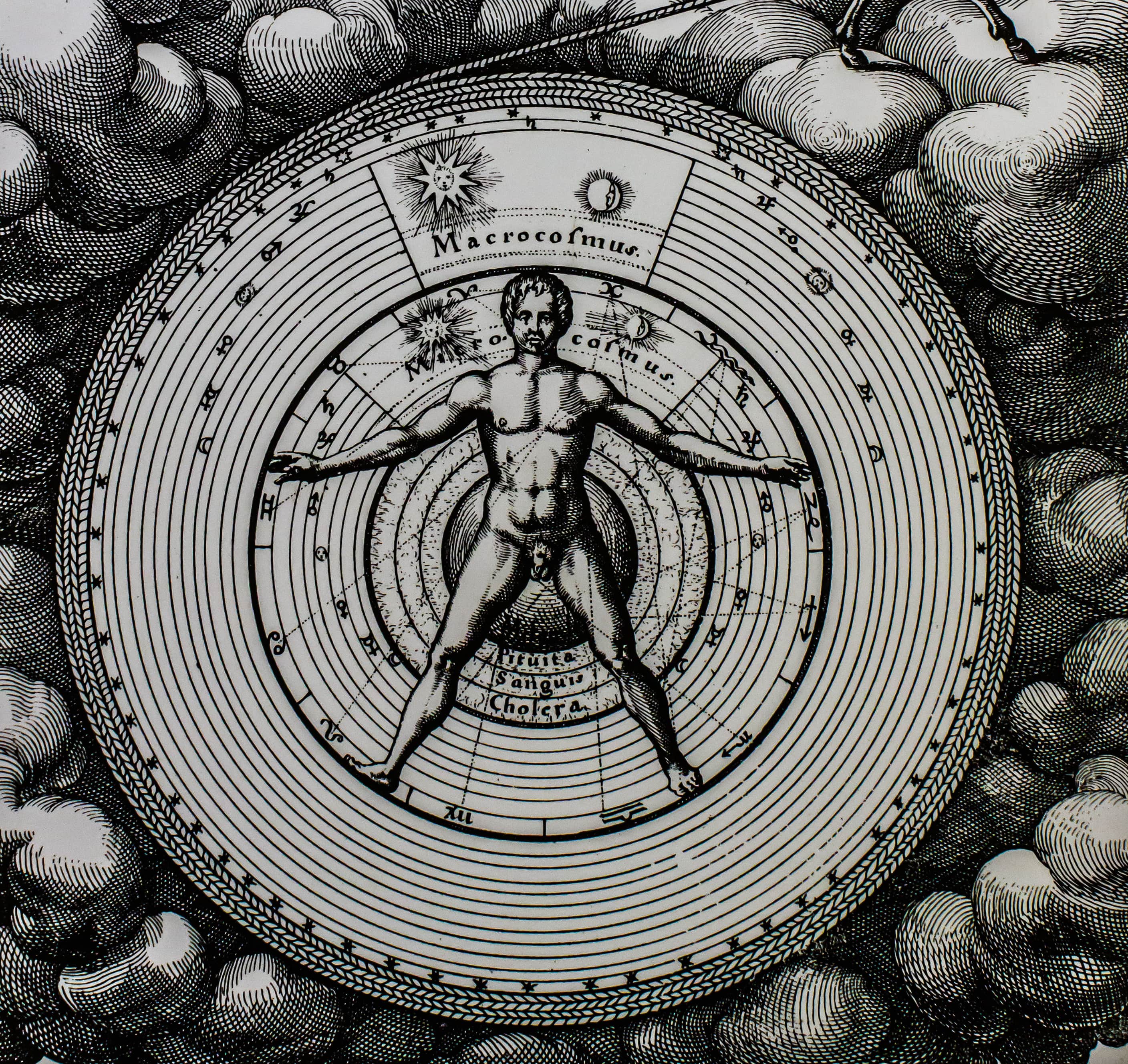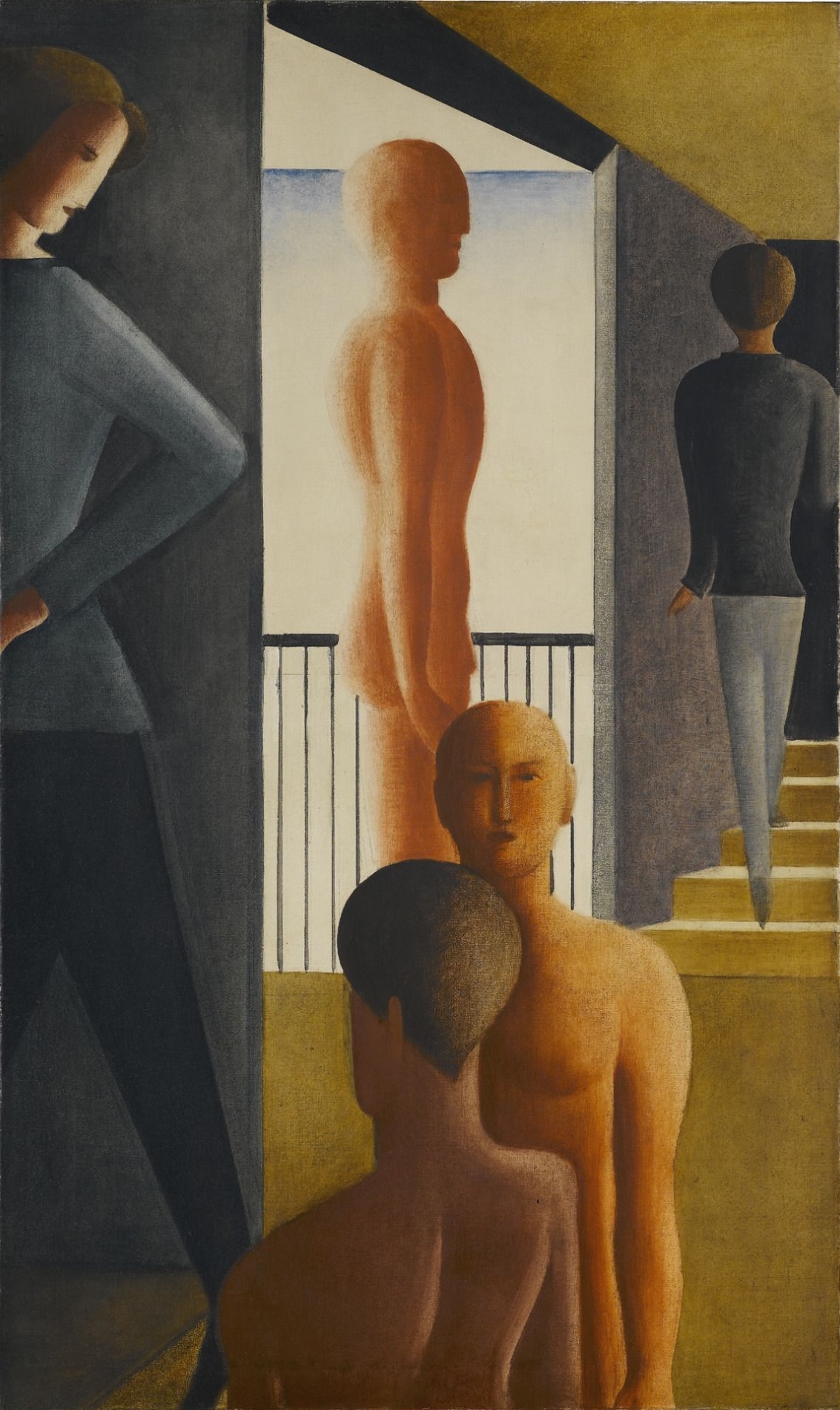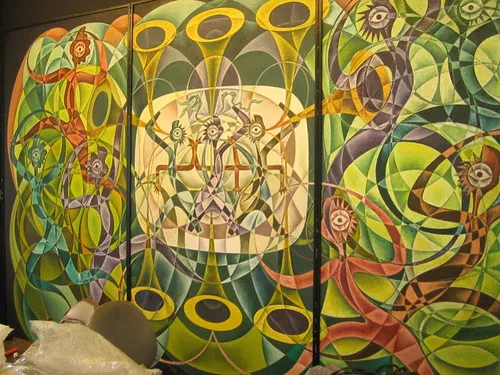
HUMAN PSYCHOLOGY
Humans are generally believed to be “plastic,” in the sense that we can adapt to radically different environments. Human culture is highly diverse and yet we appear to all share a common “human nature” (or, if you will, “human grammar”). Psychology is the study of the “psyche” – a Greek word that then becomes “anima” in Latin and “soul” in English. Yet, following the materialist turn in late-19th century science (under Electric paradigm conditions) the soul was largely discarded by modern psychology. We need to bring it back – compelling us to retrieve an earlier psychological approach. Digital technology drives us to question “What does it mean to be human?” and “What are the faculties of the human soul?” Equating humans with machines (as Print did) or computers (as Electric did) will not answer those questions. Faculty psychology will.

The most urgent question today is "What does it mean to be human?" -- forced on us by the rise of the robots (or “algorithms”). Robotic interlopers – combining hardware and software – have become impossible to ignore. Lawyers. Factory workers. Press release writers. Painters and poets. No activity/occupation has been spared. “Artificial Intelligence” (AI) has become a mega-business. Increasingly, companies want to replace workers with robots. Military organizations world-wide are trying to remove humans from the battle-field. Philosophy has gone “post-human.” Humans are wasteful, demanding and need rest. Plus they die and new ones must be hired with all the training costs implied. What if we could replace them? What if we could transition (some) humans to a radically different “nature.” Even make them immortal? What if . . . ??
ARTIFICIAL HUMANS

While we are but humble explorers of a strange new terrain, we enter into this with a strong sense of responsibility. We care how this drama turns out. And we want to be part of the “solution,” instead of the “problem.” Individual isolation renders us powerless and increasingly immoral. Even “diabolical.” As humans, we are responsible for what happens to ourselves, our families, our various getting-togethers and our planet. It is in our hands to sort out what our own inventions have done to us – up and down the line. Ignorance is no excuse. Dismissing history is not an option. Understanding how this all works is our solemn responsibility. And it is at the backbone of Trivium University.
RESPONSIBILITY

Memory and Imagination are at the center of the human soul. They are crucial faculties that sit in between the “outside” and the “inside.” And for humans to “work” they must be in balance. Today, that is not the case. The Electric paradigm has turned imagination into Fantasy. Television is the principle technology implicated but this imbalance is reinforced by many others. Television is a deliberate “illusion machine” and “entertainment” overflows in our lives, drowning out our grasp on reality. What causes “senseless violence”? Where does evil come from? How might we restore a beneficial balance? Digital technology is structured around memory – not make-believe. Can “living digital” change our internal sensory ecology? In many ways, that is now a very pressing question.
IMAGINATION & MEMORY